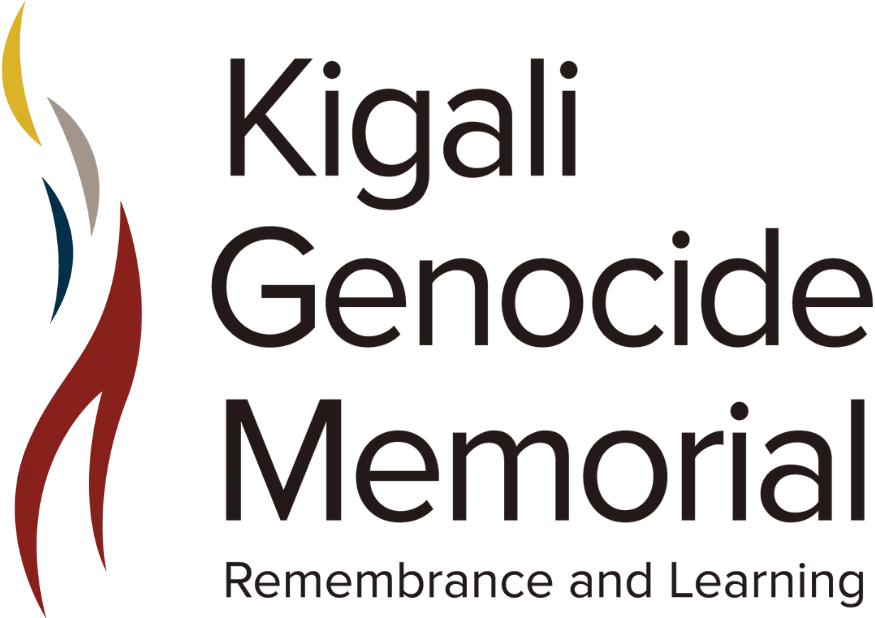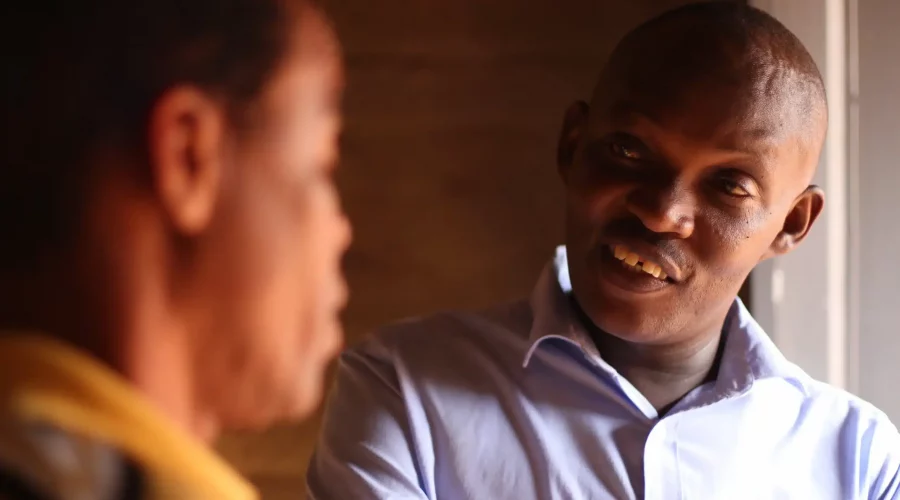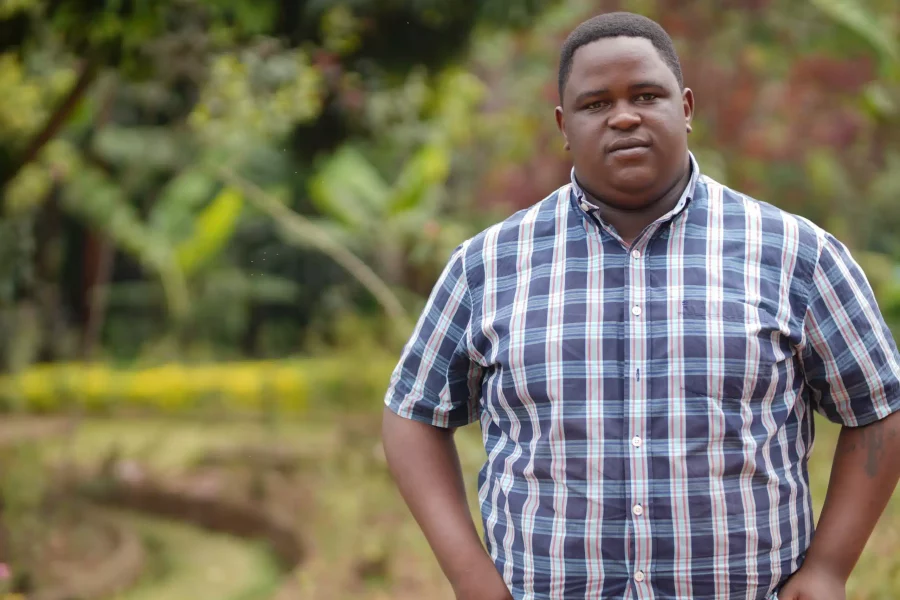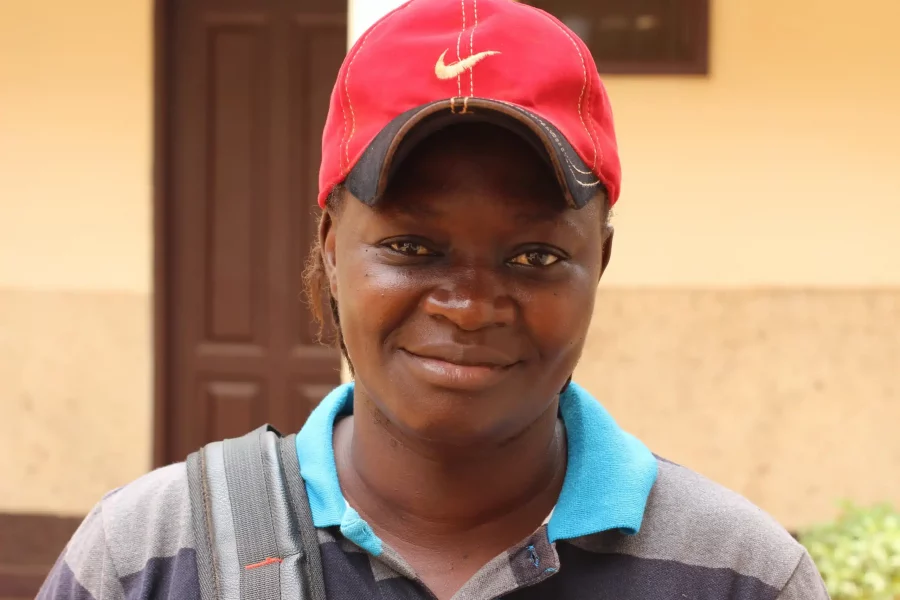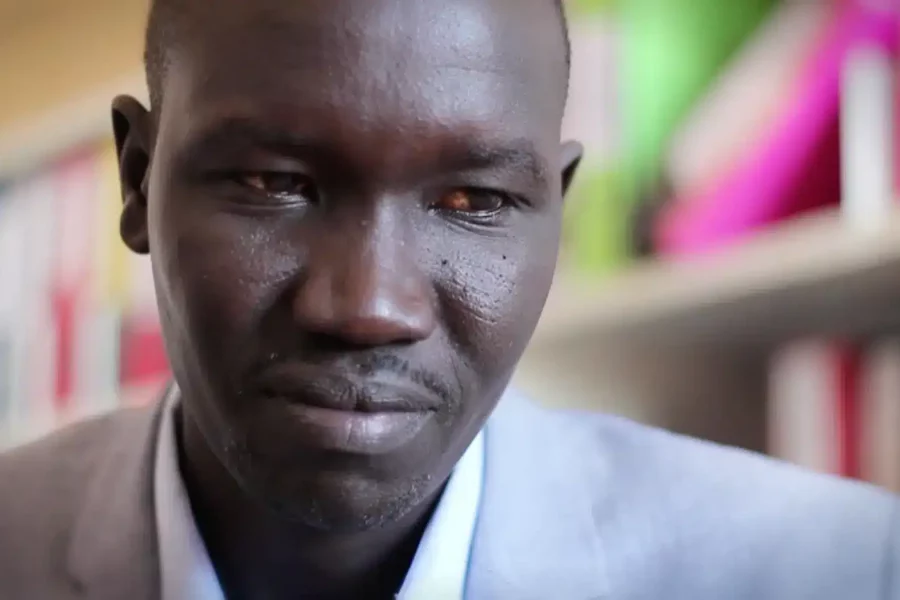This inspired his launch of a local initiative bringing together perpetrators and survivors to collaborate on projects helping those in need.
“I went home from the training with two duties; to forgive the killers of my family, and to teach my students critical thinking,” he says.
Even neighbours in the group that killed Albert’s parents now take part in the initiative he started. “I was involved in hunting and killing his family,” says Naason Karenzi. “Even today, I ask him to forgive me.”
Margaret Murekatete is a neighbour and fellow survivor who takes part. “Before joining, I believed that all Hutus do not deserve to live,” she says. “Now we give each other livestock gifts. When an animal gives birth, the newborn is given to a member of our initiative, without considering that he or she is Hutu or Tutsi.”
“Before joining the training, it was not easy for me to forgive those people who killed my family,” says Albert. “The training helped me overcome the wounds caused by the genocide. It was not easy. It took time to make the journey of reconciliation, but it happened.”
Based in Kayonza, the initiative now includes many survivors and perpetrators, along with a 600-strong youth club. “It helps us to know about our history, to understand the root causes of the genocide and its consequences,” says club member Ange Ayishakiye. “We also learn human rights and how to maintain peace.”
Albert talks about cultivating empathy, critical thinking and personal responsibility in Kayonza’s young people; key elements of Peace and Values Education in Rwanda, first developed at the Kigali Genocide Memorial.
“By equipping the younger generation, we are equipping the future of our nation,” he says. I was trained by Aegis Trust on peace and values, and I came back to my community to make a positive change … and you also, you can learn from Rwanda and make an impact in your community.”
